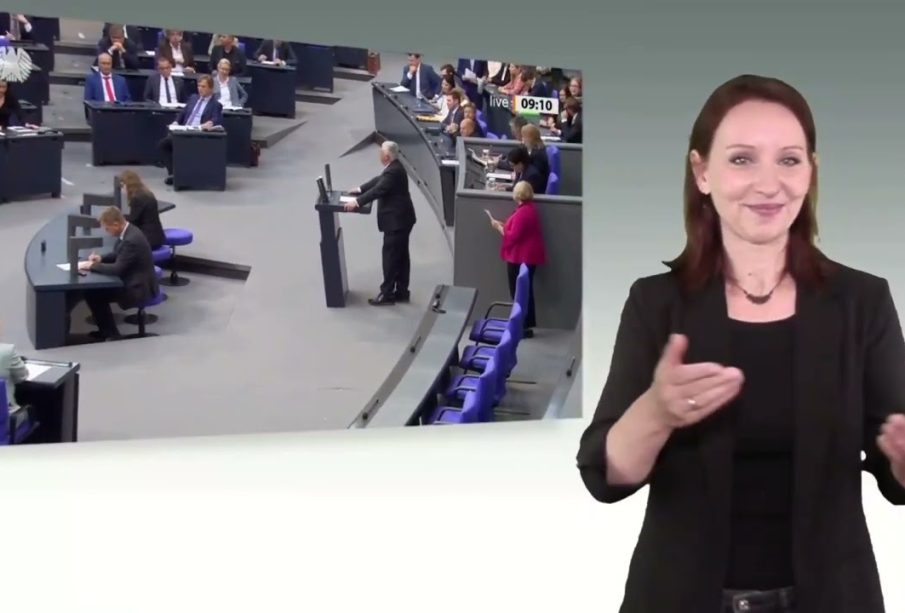Understanding NATO’s Role in Global Security in 2023

Introduction
The North Atlantic Treaty Organization (NATO) has been a cornerstone of international security since its establishment in 1949. As global tensions rise and new threats emerge, the relevance of NATO has only grown. In 2023, the alliance continues to adapt to a dynamic geopolitical landscape, taking strides to enhance collective defence and address emerging challenges.
Recent Developments
In light of the ongoing conflict in Ukraine, NATO has witnessed significant changes in its operational strategy. Following Russia’s invasion in February 2022, NATO’s members united to bolster military support for Ukraine, providing not only financial aid but also direct military assistance, including advanced weaponry and training. This support underscores NATO’s commitment to collective security and deterrence against aggression.
Moreover, NATO has expanded its Enhanced Forward Presence (eFP) in Eastern Europe, particularly in the Baltic states and Poland. As of 2023, approximately 40,000 troops are deployed in these regions, signifying a robust stance against potential threats from Russia.
Global Initiatives
NATO has also embraced a more global perspective, engaging in partnerships with non-member countries and international organisations. The recent Strategic Concept adopted in 2022 emphasises the importance of climate change, cyber threats, and emerging technologies in ensuring collective defence. NATO’s focus on these areas marks a pivotal shift in its approach to security and stability, reflecting the multifaceted nature of modern threats.
Challenges Ahead
Despite its efforts, NATO faces numerous challenges. The alliance must navigate varying security priorities among member states while addressing the increasing influence of China on the global stage. As NATO seeks to maintain unity and resolve in a time of uncertainty, the future of transatlantic relations may hinge on its ability to adapt to these shifting dynamics.
Conclusion
NATO’s role in global security is more relevant than ever in 2023. Its continued adaptation to emerging threats and commitment to collective defence demonstrates the alliance’s resilience. As it moves forward, NATO will need to reaffirm its unity among member states and expand its initiatives, ensuring that it remains a key player in upholding international peace and security. For readers interested in global affairs, understanding NATO’s evolving strategies is crucial in grasping the future of international relations.









